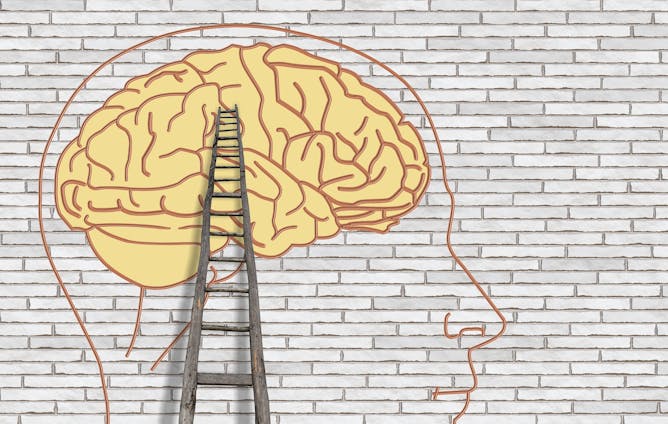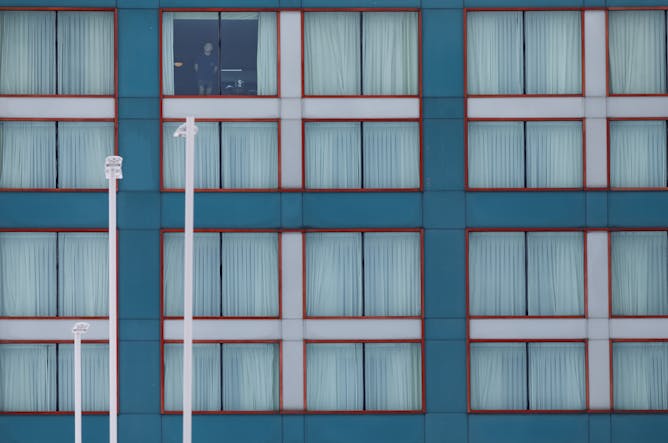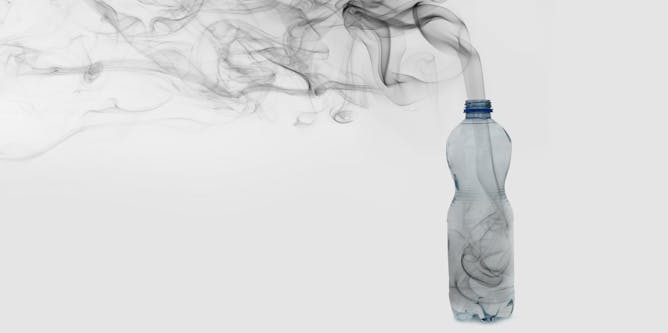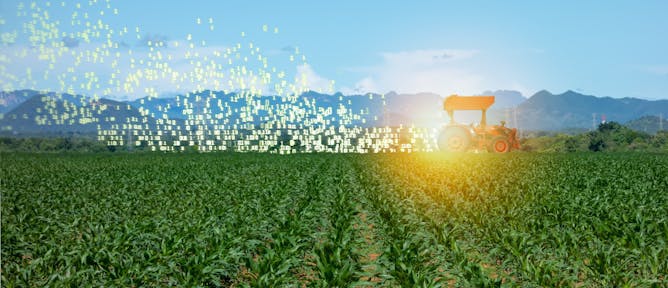|
Mental illness as a sole diagnosis has previously been excluded from medical assistance in dying (MAID) legislation. But Senate amendments to Bill C-7, which already expanded MAID access to include people who are not terminally ill, will also make MAID available to people who suffer solely from mental illness.
Today in The Conversation Canada, University of Toronto psychiatrist Karandeep Sonu Gaind explains why that amendment means that Bill C-7 violates the first rule — and the primary safeguard — of MAID: that the patient must be suffering from “a grievous and irremediable medical condition.”
Irremediable means no remedy, no cure, no hope of recovery. While many medical conditions have a predictable course of illness, this is not true of mental illnesses. That renders the irremediability safeguard meaningless, and puts vulnerable people at risk of accessing MAID when they would have made a recovery.
Also today:
Regards,
|

Bill C-7 seeks to expand access to medical assistance in dying (MAID) to people who are not terminally ill, including those who suffer solely from mental illness.
(Pixabay)
Karandeep Sonu Gaind, University of Toronto
The fundamental underpinning of all MAID requests is supposed to be the presence of an incurable medical condition, but it's not possible to predict that a mental illness will not improve.
|

A guest looks out from a Sheraton hotel window in Mississauga, Ont., on Feb. 22, 2021, as new air travel rules come into effect in Canada.
THE CANADIAN PRESS/Cole Burston
Valorie A. Crooks, Simon Fraser University; Anne-Marie Nicol, Simon Fraser University; Eric Cadesky, University of British Columbia; Jeremy Snyder, Simon Fraser University; Kelley Lee, Simon Fraser University
Canadian government travel restrictions are an attempt to curb the spread of COVID-19 variants. But vague language around exemptions for medical travel may confuse the physicians who can grant them.
|

The plastic problem isn’t separate from climate change.
(Shutterstock)
Xia Zhu, University of Toronto
Plastic has become a major part of the carbon cycle, a discovery that has implications for how we tackle climate change.
|

Digitizing archives can make information more accessible, especially during the coronavirus pandemic.
(Shutterstock)
Greg Bak, University of Manitoba
During the coronavirus pandemic, digitizing archives can help increase access. But in addition to the labour and financial costs, issues of privacy, copyright and resources need to be considered.
|

Dans un avenir rapproché, des tracteurs robotisés reliés à une base de données pourront sillonner les champs en semant à chaque endroit une quantité exacte de semence et de fertilisant, permettant de ce fait d’abaisser le niveau de consommation énergétique, de pollution et de gaspillage.
Shutterstock
Lenore Newman, University of The Fraser Valley; Evan Fraser, University of Guelph
La production alimentaire locale tout au long de l’année est à notre portée et réduira l’impact de l’agriculture sur le climat – mais seulement si nous adoptons la technologie agricole.
|
COVID-19
|
-
Vikki Rand, Teesside University; Maria O’Hanlon, Teesside University
Genes that control blood type and are involved in inflammation have been associated with more severe disease.
|
|
Culture + Society
|
-
Amanda Poole, Indiana University of Pennsylvania; Jennifer Riggan, Arcadia University
Time in the camps does not move forward and educated refugees are stuck, without the opportunity to create a path for a better future.
|
|
Politics
|
-
Morgan Marietta, University of Massachusetts Lowell; David C. Barker, American University School of Public Affairs
Donald Trump's ticket to the White House was a coarse version of populism. Will his successors in the GOP be different – or simply present a more polished version of his antagonistic rhetoric?
|
|